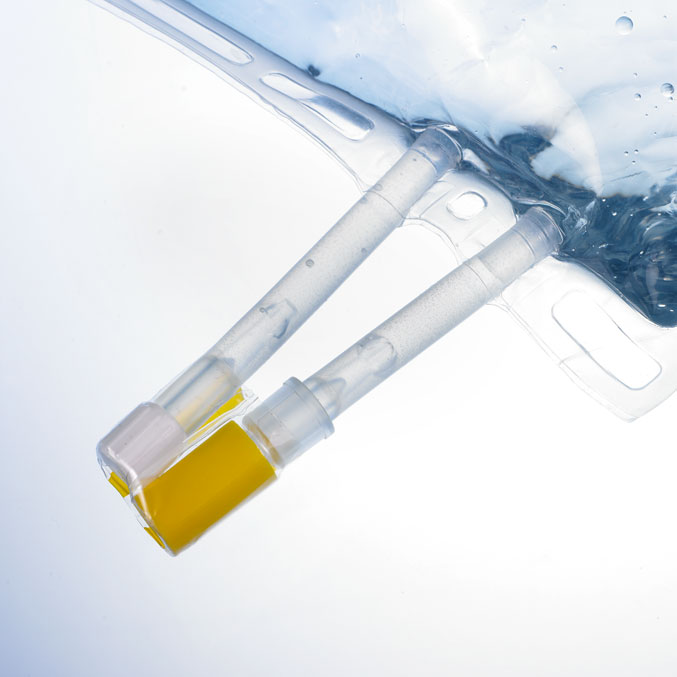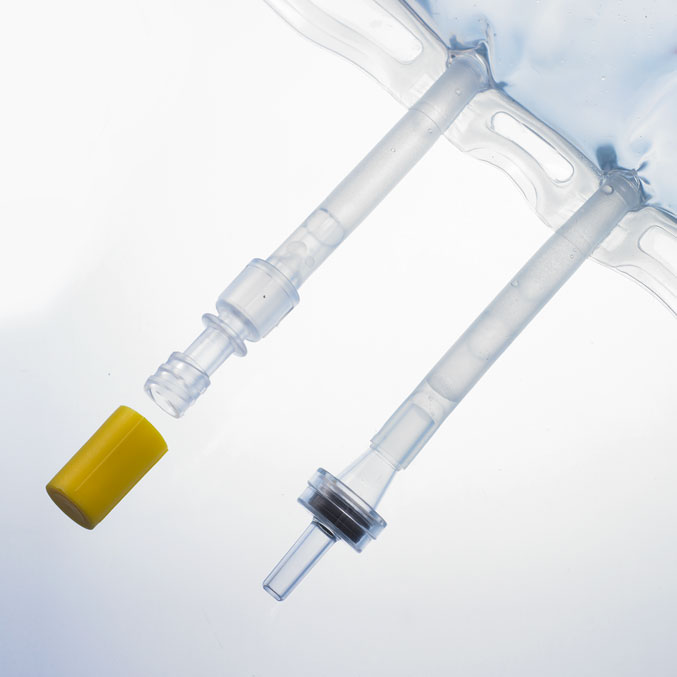Solutions CITRATE ANTICOAGULATION TREATMENT IN HAEMODIALYSIS THERAPY
Since the 1960s anticoagulation with Citrate solutions is known and since 1980 it is used for clinical applications. It is used for blood anticoagulation in extracorporeal circulation as an alternative for patients allergic to Heparin and in operative intensive car to reduce bleeding risk during surgery. The principle involved is simple: Sodium Citrate is a Chelate formator and builds with multiple positive charged electrolyts (Ca2+, Mg2+) an insoluble complex. The level of ionized calcium is reduced and blood coagulation inhibited. Approx. 50% of this citrate calcium complex is eliminated by dialysate before the rest is undergoing metabolism via citric acid cycle of liver, kidney and skeletal muscles converted into bicarbonate. Neutralisation of hemodilution is then neutralized by addition of intravenous calcium solution.


